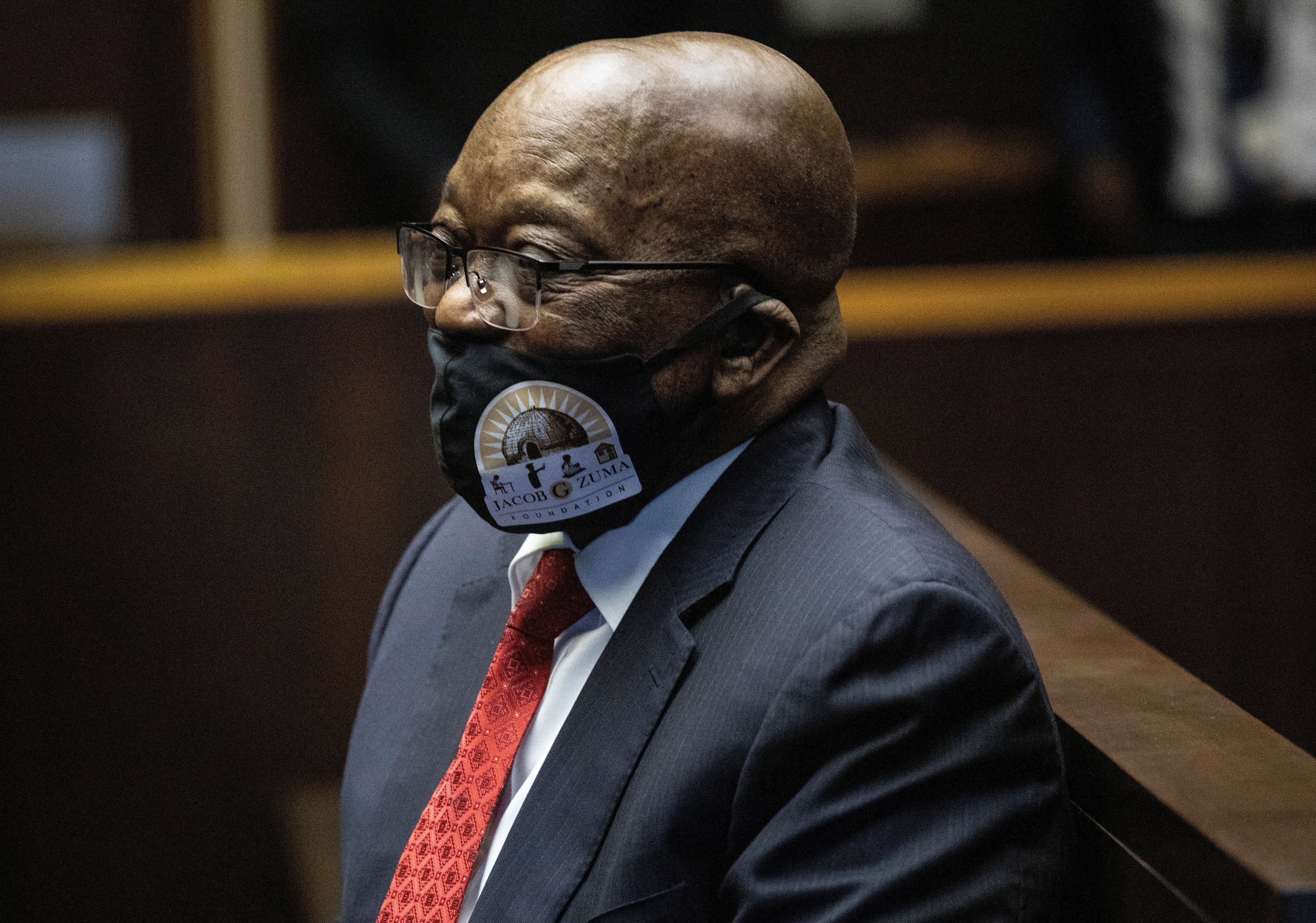Hard Numbers: Zuma's day in court, Burkina Faso’s civilian killings, the soaring cost of water in the US, and Trump's H1B visa hit
16: Former South African President Jacob Zuma appeared in court Tuesday to be tried on 16 corruption charges linked to his decade running the country. Zuma says the charges are part of a political "witch hunt," but his critics say the trial is a rare example of the country's judicial system actually holding people in power to account after years of government corruption.
2000: As jihadist violence continues to cripple Burkina Faso, more than 2,000 people have been killed in that country in the last 18 months. The bloodshed has long-been attributed to attacks by Islamic State and Al-Qaeda offshoots, but now a chilling New York Times expose reveals that Burkina Faso's armed forces – the soldiers meant to protect civilians – kill as many civilians as jihadists do.
80: As the economic pain caused by the coronavirus continues to plague American families, new data shows that water bills in the US have risen by an average of 80 percent over the past decade. Millions of families now risk having their water and sewage service cut off – or losing their homes – if they can't pay their bills, according to new findings by the Guardian.
75: About 75 percent of all US workers who hold the coveted H1B visa come from a single country: India. Only 25 percent of the visa's holders are women. President Trump on Monday suspended new applications for the visa as part of a wider halt to legal immigration, saying that foreign workers pose an "unusual threat" to American workers. Many in the US business community, meanwhile, denounced the move and could even challenge it in court.
